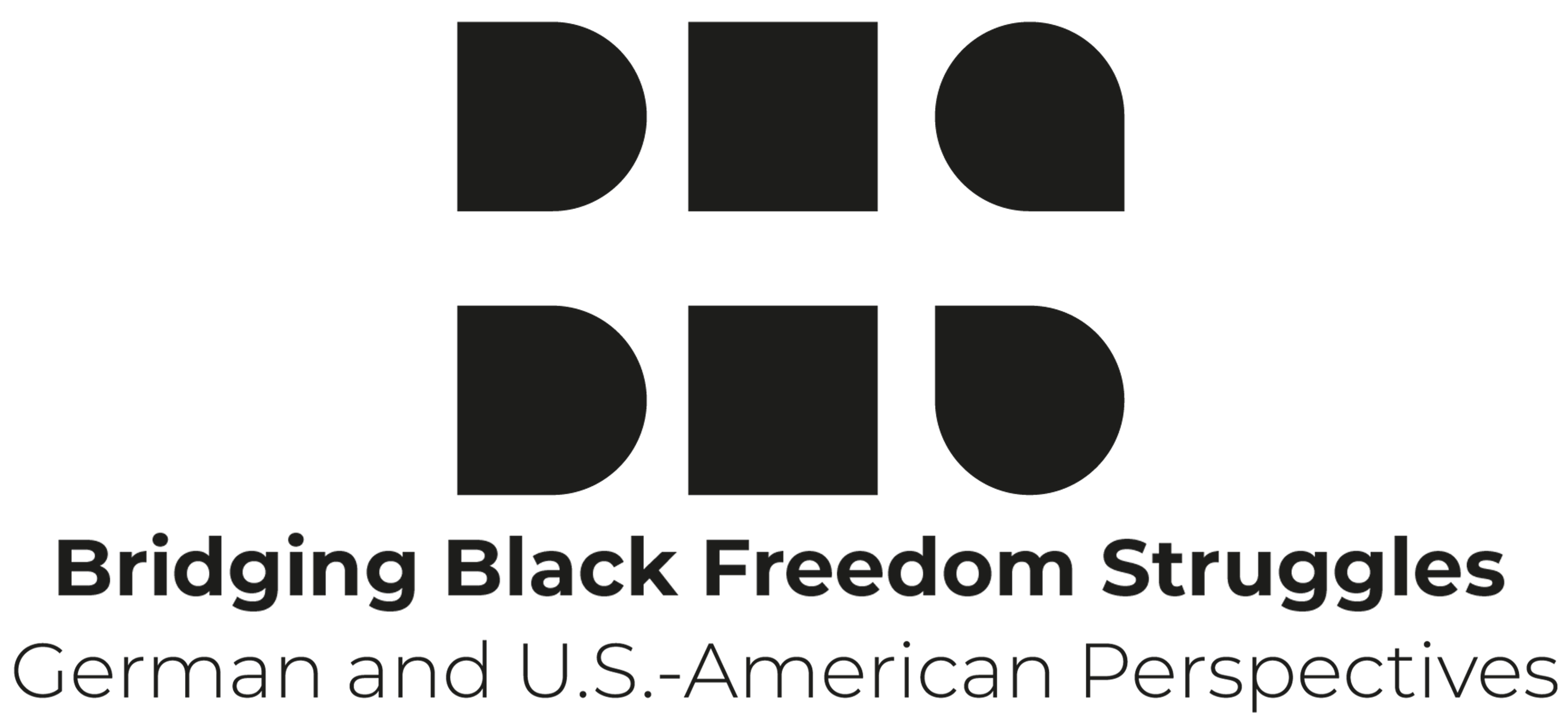How Religion Shaped the Black Power Movement
by Venus Bender
The role of the Black Church in the North from the late 1960s to the 1970s and the influence of Black intellectual thought and religion on local movements have often been neglected in the historiography of Black Power. Congregations, clerics, and other African American members of Christian communities made considerable contributions to local campaigns and protests by applying their reinterpretation of the Bible to the freedom struggle. Previous historical studies have often portrayed the Black Power movement as secularized or militant and antithetical to the civil rights movement. Yet, the work of notable activists who used their religion to justify their demand for self-determination and emancipation has profoundly impacted the Black liberation struggle.
There have been countless continuities between the civil rights movement and the following Black Power era in terms of church-based activism, as some historians suggest. Religious involvement in the movement becomes evident by analyzing different case studies such as Rev. Albert B. Cleage Jr. from Detroit, who introduced Black Christian Nationalism in 1972, and other Christian activists or organizations, such as the Black Panther Party’s spiritual advisor Fr. Earl A. Neil or the National Black Sisters’ Conference (NBSC), which was founded in Pittsburgh in 1968. Their religiously motivated activism, often based on Malcolm X’s spadework, constituted a vital element of the long freedom struggle due to their rethinking of Christian Theology and the subsequent demands for restructuring the church. With their writings, teachings, and social commitment to the Black community, Cleage and other church members corroborate the claim that Black Power neither represented a secularization of the movement nor a complete departure from Christianity, but that Christianity was originally a Black religion, as Cleage asserted, and later became a corrupted, if not a racist institution through its Americanization, and was in desperate need of reformation.
Speeches or sermons, writings, voice recordings, and newspaper articles are essential primary sources for this dissertation that underline the impact of the Black church members’ participation in the movement. This research project thus offers a new way of understanding Black Power as a multifaceted movement that was not exclusively militant or secularized but had numerous supporters who believed that Black Power was essentially Christian and vice versa. It further sheds light on the Black church and its relevance to the revolution and therefore shapes the way we approach the history of the Black freedom struggle.
